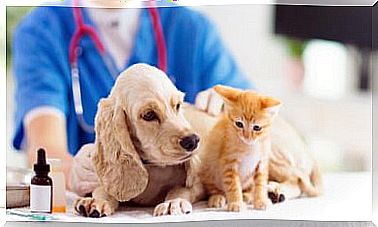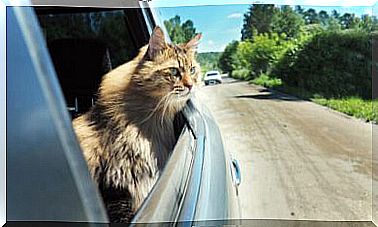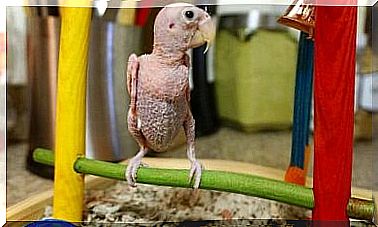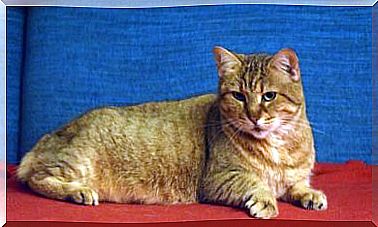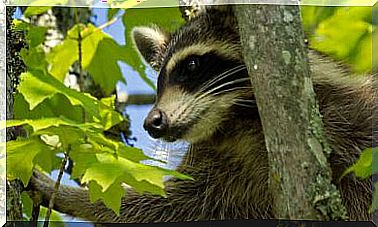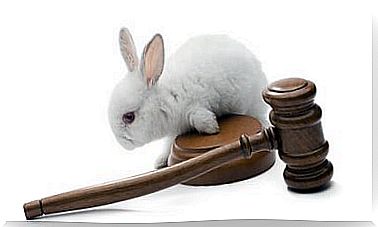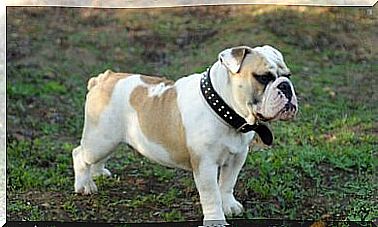Most Common Horse Behavior Problems
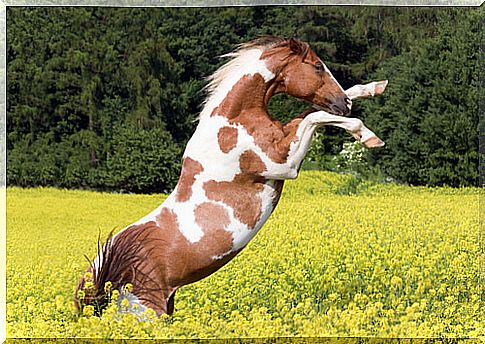
Horses in captivity can develop behaviors that are not considered common in their routine. Most are victims of vices around the block or compulsive actions, the product of confinement hyperactivity disorders. The reason for this behavior in the horse is due to alterations in its way of life or habitat.
There are three basic conditions that maintain the physical and emotional balance of a horse. It’s about food, interaction with other equines, and freedom of movement; the alteration in any of them or in all, is the cause for an inappropriate behavior in the horse.
To minimize the effects of bad behavior on the horse, specialists recommend different techniques. From environmental and treatment improvements, to pharmacological treatments; the application of any of them will depend on a previous diagnosis of the equine’s health.
Bad behavior in the horse
Behavioral problems in the horse can be due to internal or external factors. Among the first are pain and fear, either learned or induced. In the second area, the external one, the elements to which a confined horse is subjected are considered.
Generally, horses are raised in open areas and in free form. They are used to grazing, living in herds and running different lengths at will. The variation of these routines due to their domestication is a source of stress, a situation that the animal does not know how to handle.
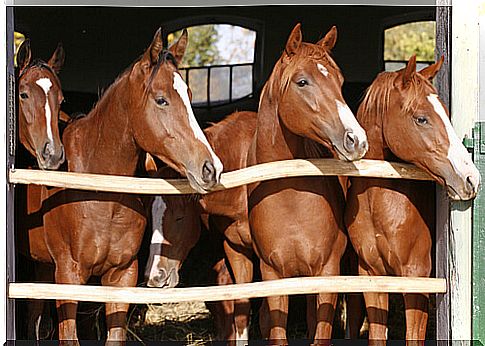
The most common behavior problems in the horse are stable vices, eating disorders and aggressive reactions . Stable vices are erratic behaviors that the horse develops in confinement; This type of behavior increases the animal’s endorphins and helps minimize stress.
Causes of bad behavior in the horse
- Feeding. A free horse is used to grazing for 18 hours, time spent searching for food and moving around.
- In confinement, a horse does not have the freedom to maintain its routine or control its feed intake. This situation causes in most cases high levels of anxiety, stress and depression, even other illnesses.
- Pain or health problems. Pain is one of the main reasons why a horse is aggressive. Aggression can be expressed towards other animals of the same species or even their trainer; This reaction is directly related to his internal suffering.
- Alteration of its habitat. A domesticated horse can spend up to 22 hours a day inside his box, without enough space to run and isolated from other equines. This situation produces depression and anxiety in horses; especially in those wild animals or accustomed to wide and savanna environments.
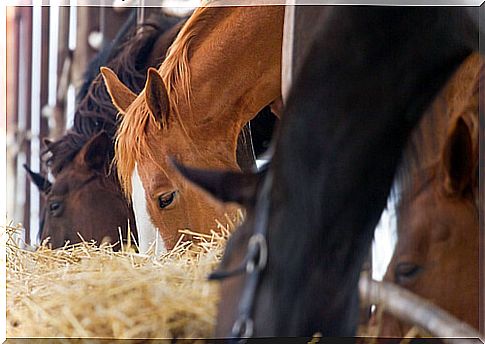
Most common behaviors
- Aerophagia or swallowing air. With the help of its incisors, the horse fixes its teeth on an inert target; he arches his neck and tilts his head back, producing a hoarse sound as he swallows air. This behavior is associated with digestive problems, in addition to boredom.
- Head and neck rocking. The horse constantly moves its neck and head from one side to the other; It is a continuous movement, related to anxiety and anguish.
- Another variant of the previous behavior is the movement in circles inside the box . Under the same circumstances, the horse constantly turns inside its corral and constantly kicks the door or the ground.
- Eat wood or lignofagia. The horse nibbles at the door and wooden planks within reach. The main cause of this behavior is the lack of fiber in your diet; the greatest risk from this habit is drowning or internal laceration from a splinter.
Tips to improve horse behavior
- Medical diagnostic. In a horse with unusual behavior, a complete clinical diagnosis must be made; you also have to observe their psychological behavior.
- Changes in routine. A horse needs about 10 hours of free exercise and interaction with other equines.
- Control of your diet. Usually this captive animal eats large portions twice a day. This food is high in cereals and grains that can cause ulcers or intestinal acidosis. A diet high in fiber, low in sugars and with large caliber feed should be provided to stimulate chewing.
